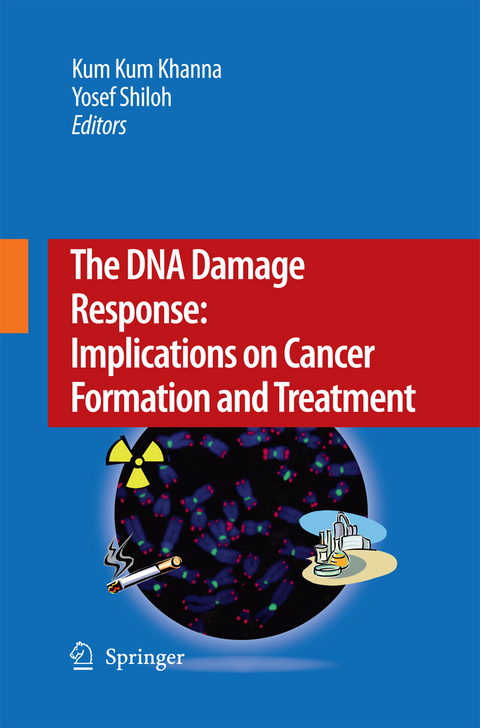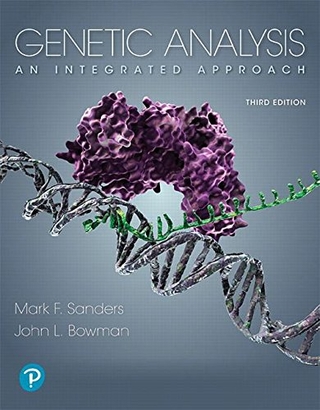
The DNA Damage Response: Implications on Cancer Formation and Treatment
Springer (Verlag)
978-94-007-7995-2 (ISBN)
DNA Damage Sensing and Signaling.- Signaling at Stalled Replication Forks.- An Oncogene-Induced DNA Replication Stress Model for Cancer Development.- Cellular Responses to Oxidative Stress.- Cell Cycle Regulation and DNA Damage.- Chromatin Modifications Involved in the DNA Damage Response to Double Strand Breaks.- Telomere Metabolism and DNA Damage Response.- DNA Double Strand Break Repair: Mechanisms and Therapeutic Potential.- DNA Base Excision Repair: A Recipe for Survival.- DNA Damage Tolerance and Translesion Synthesis.- Nucleotide Excision Repair: from DNA Damage Processing to Human Disease.- Chromosomal Single-Strand Break Repair.- Mouse Models of DNA Double Strand Break Repair Deficiency and Cancer.- Cancer Biomarkers Associated with Damage Response Genes.- Linking Human RecQ Helicases to DNA Damage Response and Aging.- Single-Stranded DNA Binding Proteins Involved in Genome Maintenance.- The Fanconi anemia-BRCA Pathway and Cancer.- BRCA1 and BRCA2: Role in the DNA Damage Response, Cancer Formation and Treatment.
| Erscheint lt. Verlag | 12.11.2014 |
|---|---|
| Zusatzinfo | XII, 449 p. |
| Verlagsort | Dordrecht |
| Sprache | englisch |
| Maße | 155 x 235 mm |
| Themenwelt | Sachbuch/Ratgeber ► Natur / Technik ► Naturführer |
| Medizin / Pharmazie ► Medizinische Fachgebiete ► Neurologie | |
| Medizin / Pharmazie ► Medizinische Fachgebiete ► Onkologie | |
| Studium ► 2. Studienabschnitt (Klinik) ► Humangenetik | |
| Studium ► Querschnittsbereiche ► Infektiologie / Immunologie | |
| Naturwissenschaften ► Biologie ► Humanbiologie | |
| Naturwissenschaften ► Biologie ► Zoologie | |
| ISBN-10 | 94-007-7995-X / 940077995X |
| ISBN-13 | 978-94-007-7995-2 / 9789400779952 |
| Zustand | Neuware |
| Haben Sie eine Frage zum Produkt? |
aus dem Bereich


